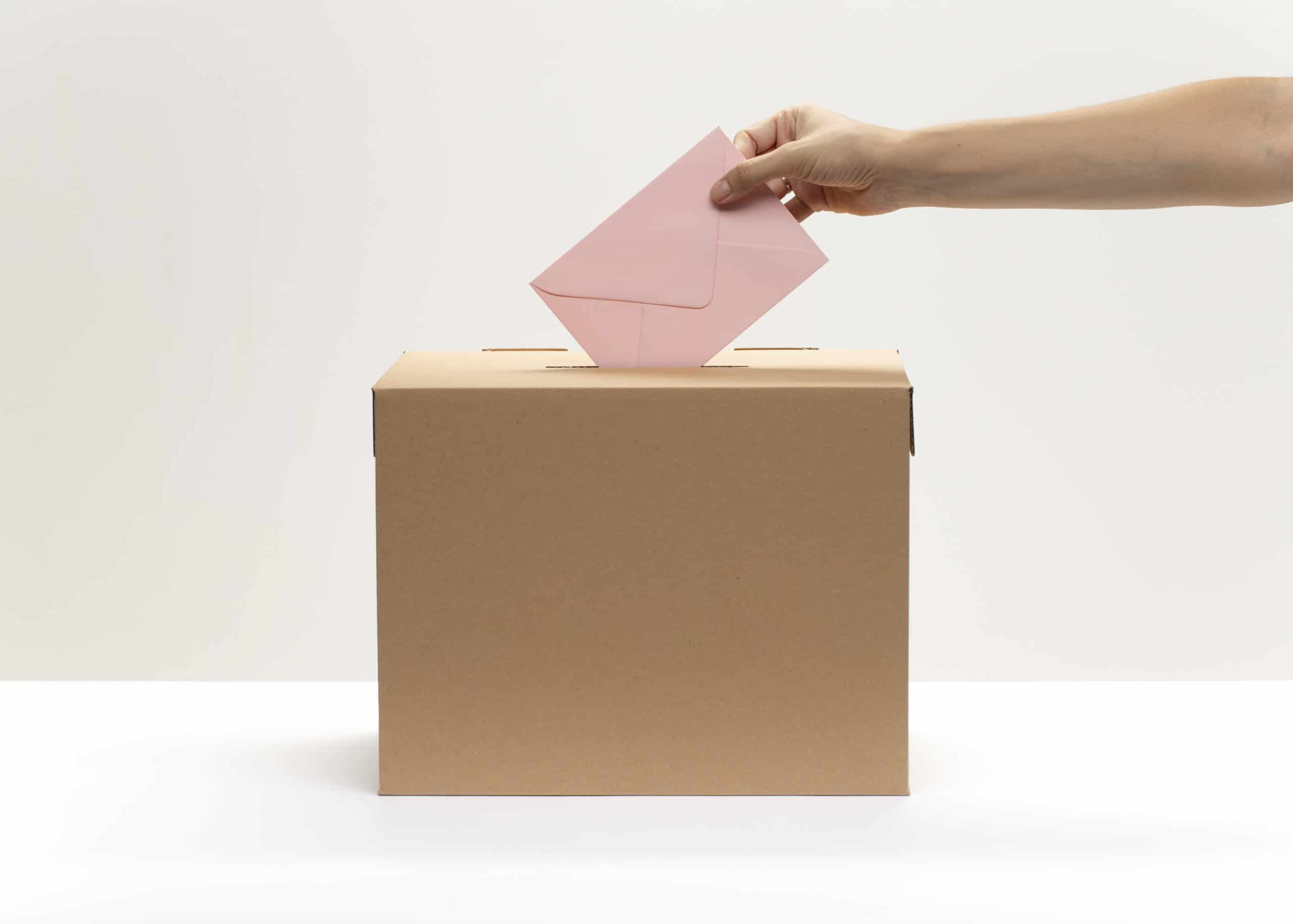Up until now, federal elections have not required voters to produce any form of identification. Voters would arrive at an election site, say their name and address, and move straight into the booth. Now an amendment proposed by the Liberal Party may change that.
The amendment would make it mandatory for voters to provide proof of identification prior to voting. For Australians without a fixed address, they could cast a ‘declaration vote’, which would be included with the voters’ ballot.
The proposal has received widespread criticism for those who believe the changes will actively disenfranchise and discourage voters who, for any reason, do not have a fixed term address. This includes the elderly, the homeless, and people living in isolated or remote communities.
The bill was designed with the hope to prevent instances of multiple voting and voting fraud. However, the size of this issue is contentious. During the last federal election, the Australian Electoral Commission (AEC) reported that multiple voting occurred at a rate of 0.03 per cent. The AEC claimed voter fraud was “by and large a very small problem”.
Former Prime Minister Kevin Rudd (Labor) has been vocal about opposing the bill.
“If this law is passed, expect to see polling booths crawling with partisan lawyers aggressively challenging the legitimacy of voters who—for whatever reason—they have profiled as being unlikely to vote for their party,” said Mr Rudd.
Liberal Senator James McGrath argues the change would not be dissimilar to current COVID-related venue requirements.
“If I want to have a lemon, lime and bitters in Brisbane on a Friday night after 10pm, I must show photographic ID and it is scanned in,” he said.
“Yet when I undertake my most important duty as a citizen—that is, voting—no ID is required.”
The bill has recently been through its second reading but has some way to go before it may pass and affect voters. If passed, it is likely to be in effect prior to the 2022 federal election. However, the complexity and contentiousness of the bill may lead to its own hurdles.






